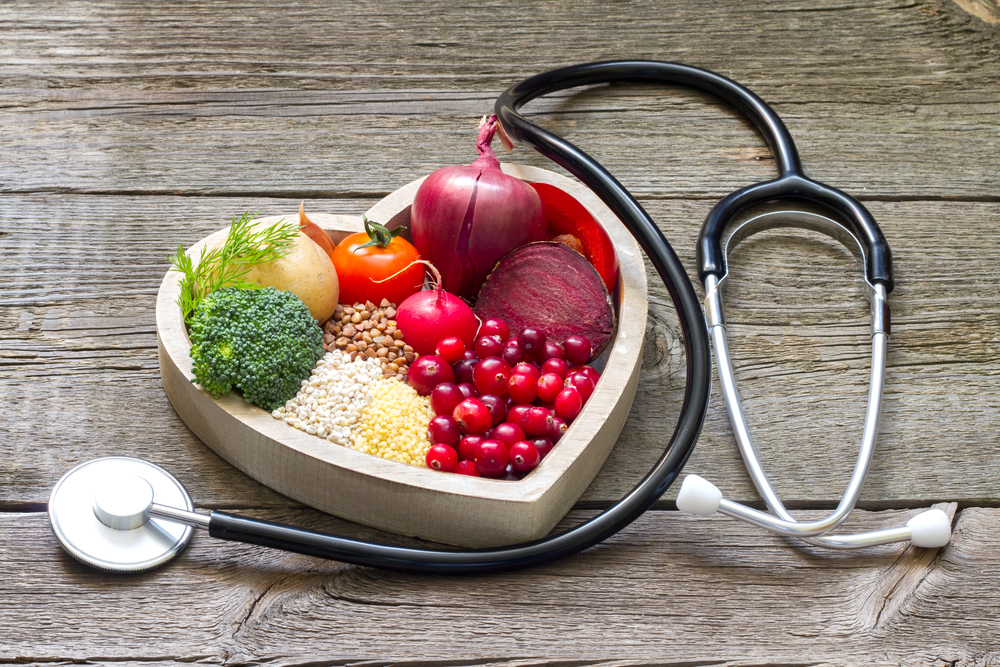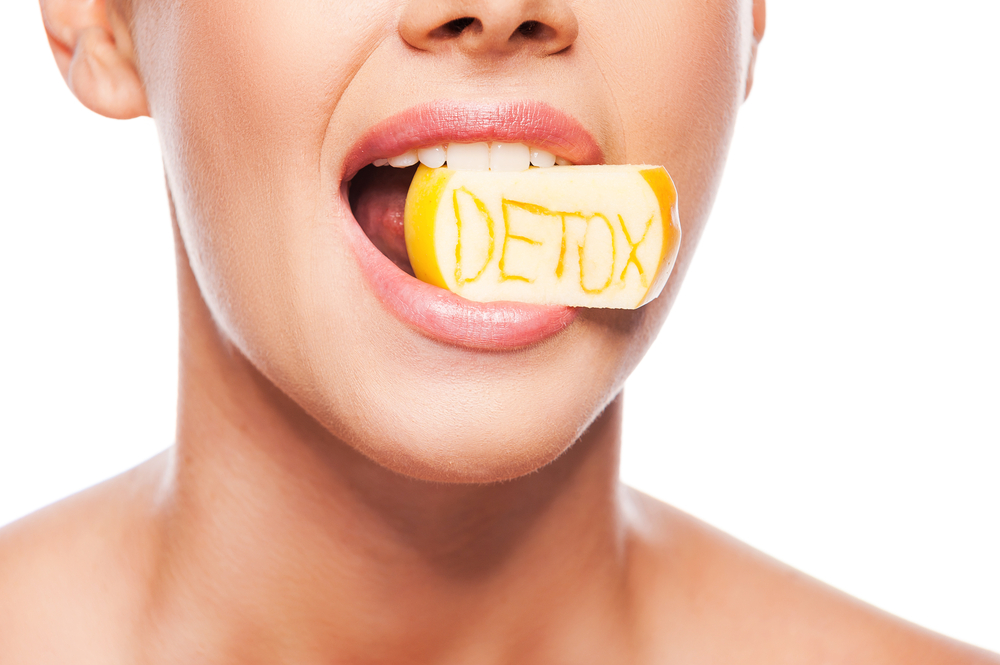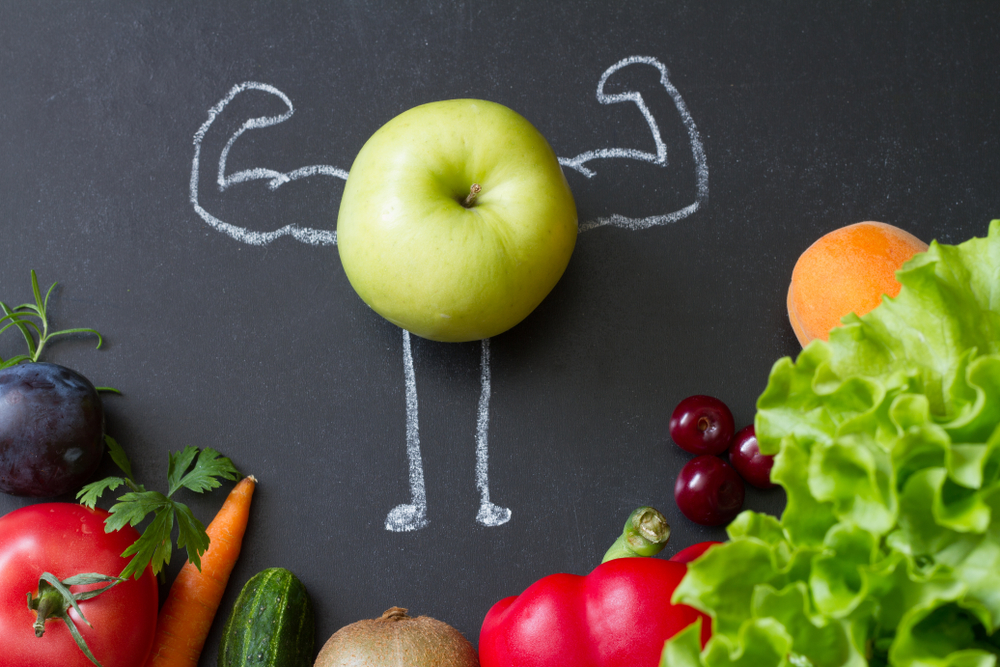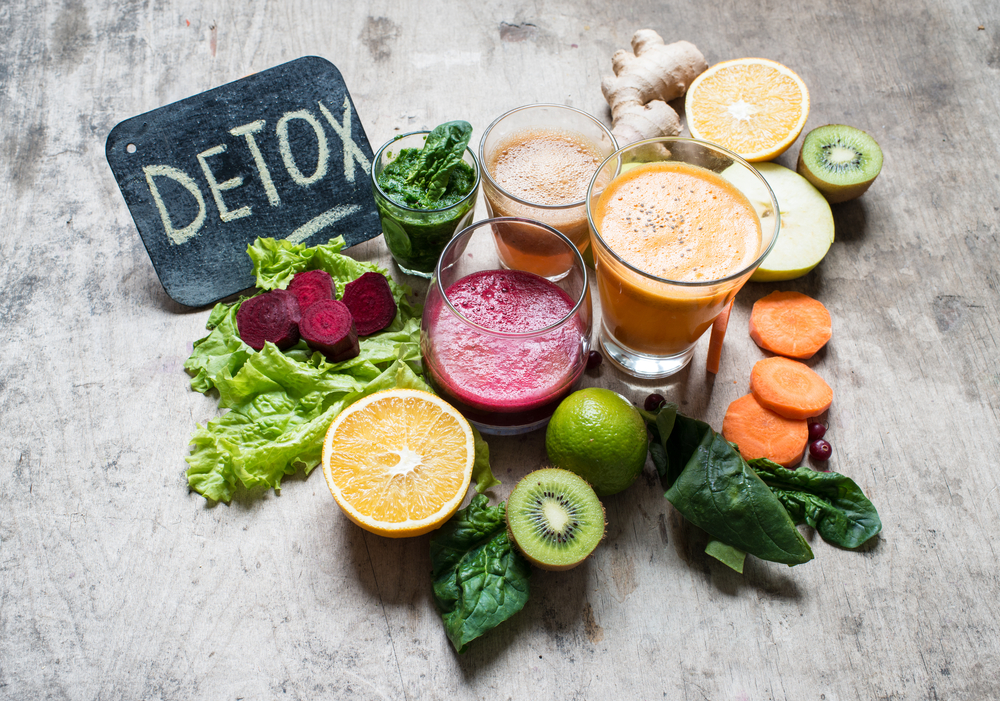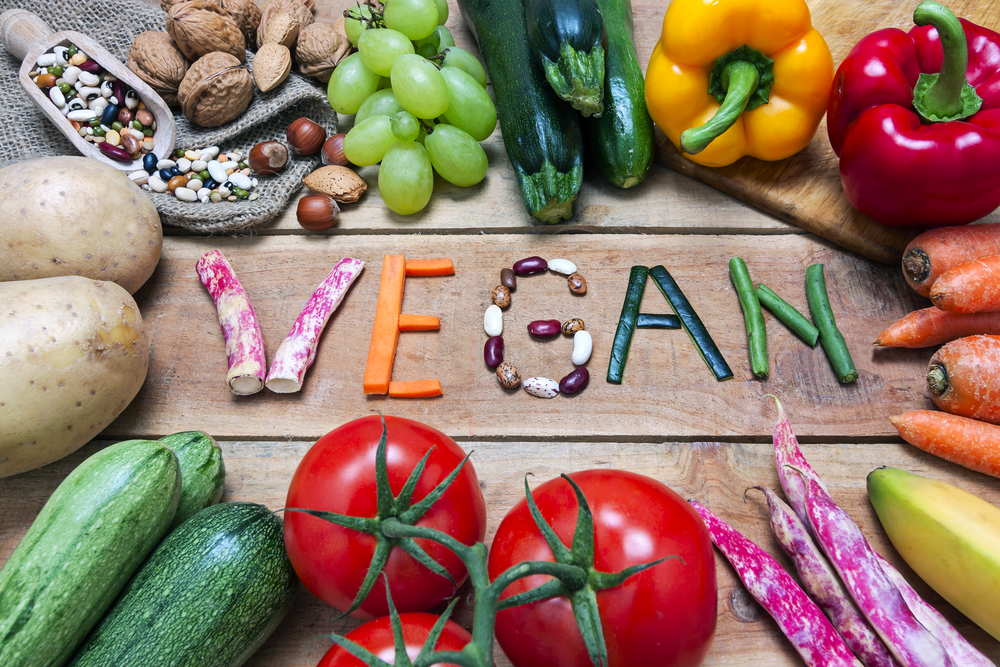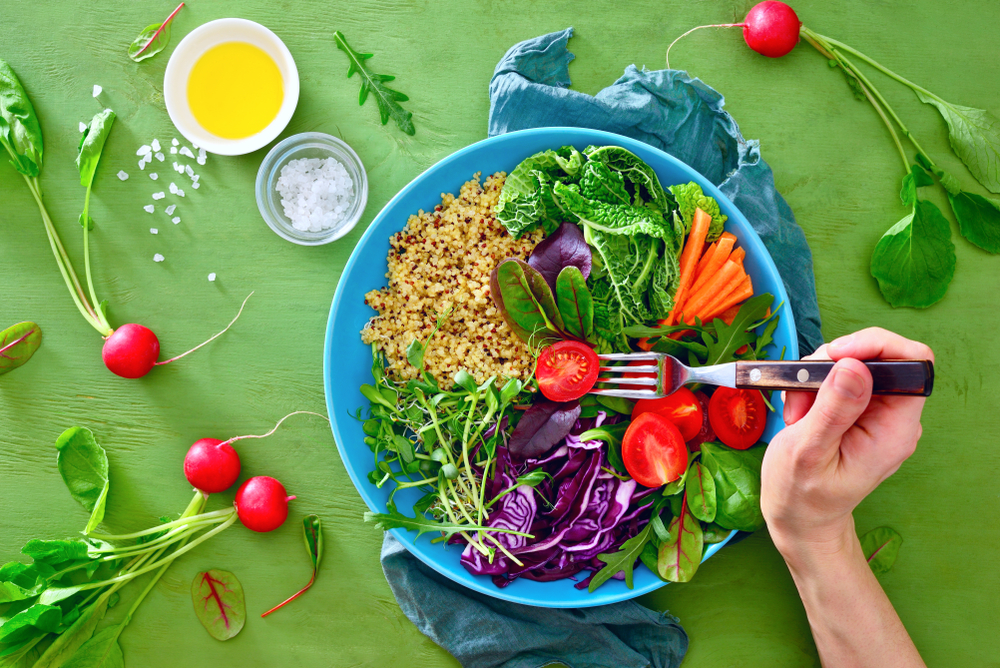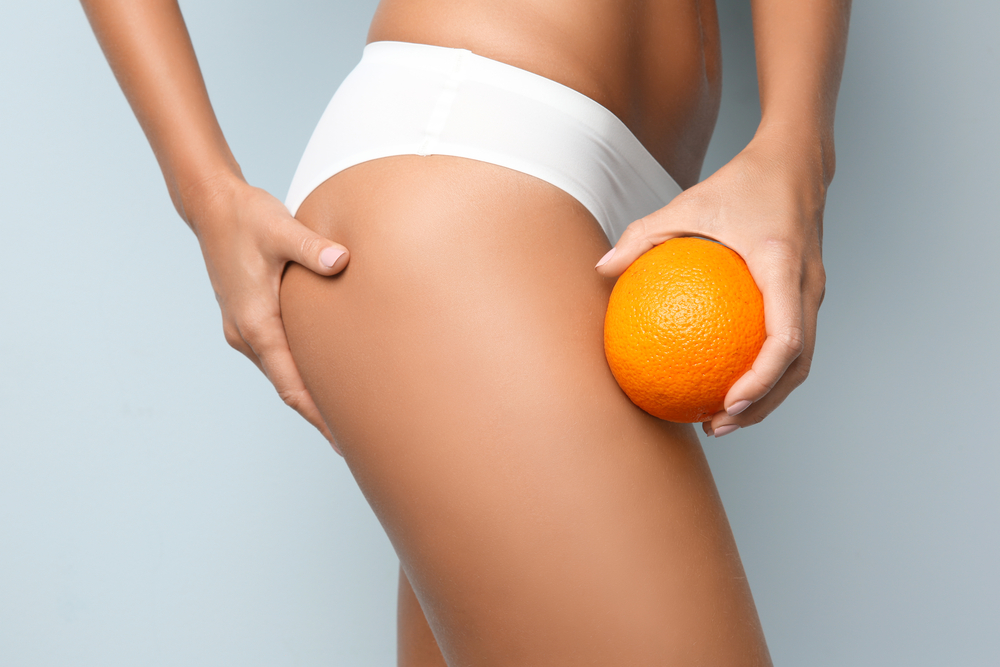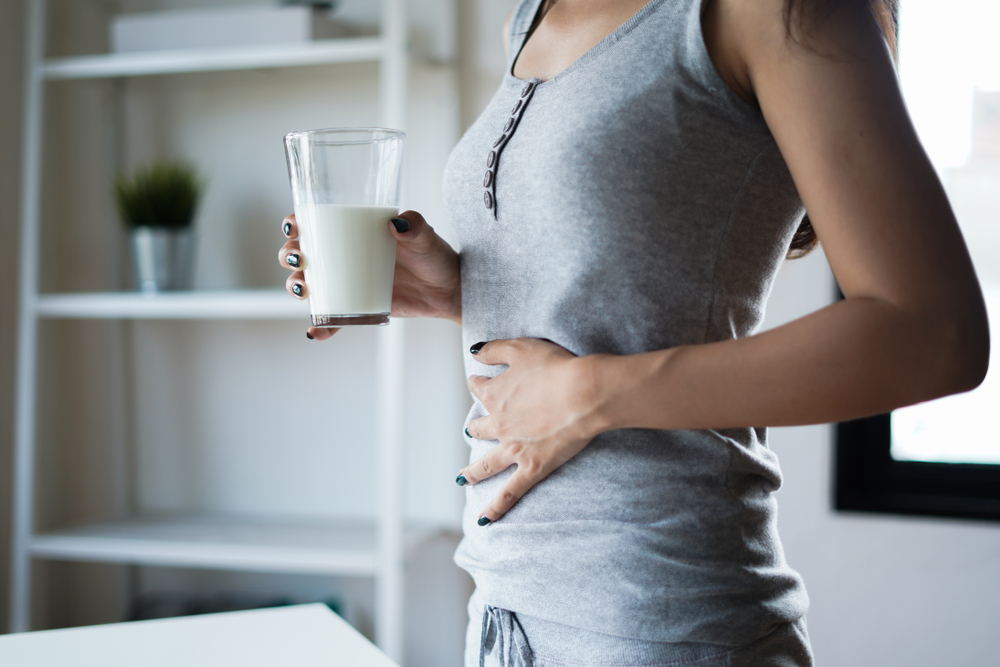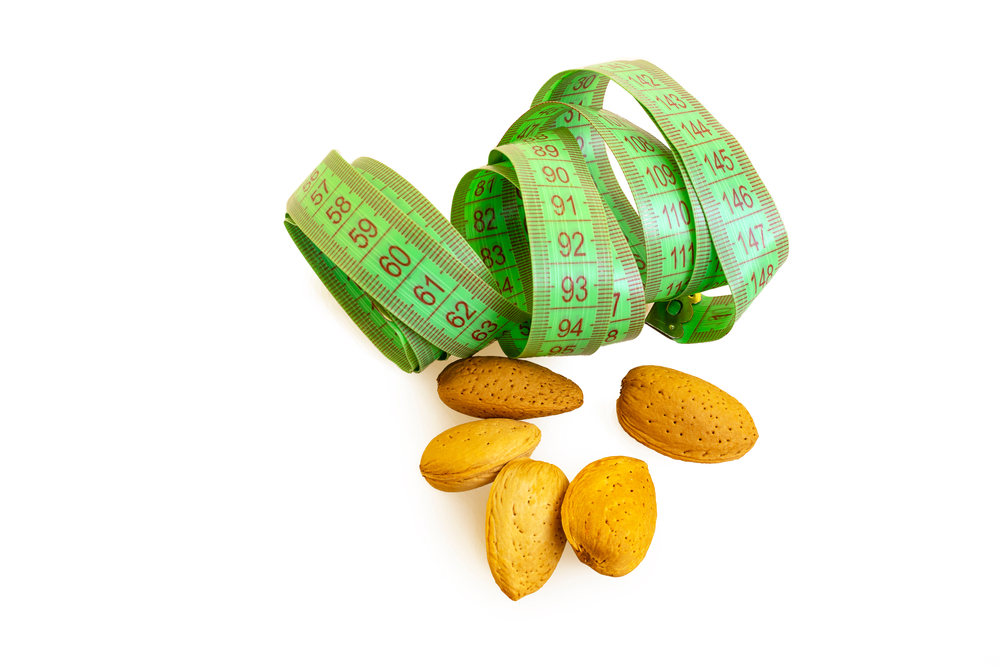High-protein diets, raw food diets, vegetarian diets, intermittent fasting, detox diets, "low-carb" diets. . . There is no doubt that diets are in fashion. diets, are they really an interesting option and what are the disadvantages of these types of diet?
What is a protein diet?
A diet is a type of diet with basic principles that can be religious, ideological or by nutritional choice and can be temporary (to achieve a specific goal) or permanent.
These diets prohibit or restrict the consumption of certain foods and favour the consumption of foods that align with the logic of the diet. For the strictest diets, a rigorous calculation of macronutrient consumption (carbohydrates, fats and proteins) is sometimes necessary.
Protein diets are no exception.
They are particularly important for athletes to recover well after training and are necessary for muscle growth. In the form of antibodies, proteins also help to fight foreign substances that are considered harmful, limiting infections and diseases.
A high protein diet can therefore bring many benefits, but can also be counterproductive or even harmful to your health if you follow a diet that is not adapted to your physiology or lifestyle.
Types of protein diets
Each type of diet is different and it is important to distinguish between protein diets (a conventional diet with a slight increase in protein intake) and high protein diets, which are often much stricter and have a large increase in protein intake (up to three times the recommended protein intake in a conventional diet).
A high-protein diet generally recommends a drastic reduction in carbohydrate intake (and sometimes also in fat) and an increase in protein intake and other foods that provide micronutrients such as fruit and vegetables.
In addition to limiting the consumption of starchy foods and certain carbohydrate-rich fruits and vegetables (such as bananas, carrots, beets, potatoes and sweet potatoes), many protein-rich foods are not allowed on the most demanding high-protein diets. For example: pulses (lentils, kidney beans, black beans, flageolet beans, broad beans, split peas and chickpeas) are considered too high in carbohydrates, fatty meats, non-skimmed dairy products (those not labelled as "0% fat") and fatty fish (e. g. salmon, sardines, tuna, mackerel and herring) are considered too high in fat.
High-protein diets can bring visible results quickly, but carry higher risks, especially for people who consume mostly animal proteins. It is therefore recommended that you consult your doctor before embarking on a high-protein diet.
Reasons for a high protein diet
There are many reasons why people turn to a high protein diet. Protein has the advantage of reducing the feeling of satiety which makes high protein diets ideal for weight loss.
By increasing your fibre and protein intake and decreasing your intake of simple carbohydrates (such as sugar, flour and refined cereals) you can eat to your heart's content without risking weight gain. Of course, weight loss will also depend largely on your physical activity.
Proteins also limit muscle loss. For this reason, this diet is also suitable for people who want to maintain their weight, especially when they reduce their physical activity after a period of intense physical activity lasting several months.
Finally, as proteins are essential for the reconstruction of muscle tissue, a protein-rich diet is also recommended for athletes.
Other diets with a high (but not excessive) protein intake, less strict and more varied, are therefore more suitable for these athletes.
Protein rich foods
There are two types of protein: animal protein and vegetable protein.
Although plant proteins (add link to "plant proteins" article) have sometimes been categorised as "incomplete" proteins in the past, a varied and balanced diet will provide you with all the essential amino acids you need, regardless of whether you decide to consume only plant proteins or animal proteins.
The main difference is that many animal proteins are high in saturated fat and many plant proteins are high in carbohydrates, not always suitable for high protein, low carbohydrate and low fat diets.
Examples of foods rich in animal proteins
- White meat such as turkey, chicken (31g of protein per 100 grams of raw white meat) or pork (up to 29g of protein per 100 grams of raw lean meat or 18g per 100 grams of cooked ham)
- Red meat (30 grams of protein per 100 grams of ground beef with 5% fat)
- White fish (23g of protein per 100 grams of raw cod) and oily fish (23 to 25g of protein per 100 grams of raw salmon)
- Eggs (13 grams of protein per 100 grams of raw egg)
- Cottage cheese (7 grams of protein per 100 grams)
Examples of protein-rich foods of vegetable origin
- Pulses: lentils (26g of protein per 100 grams of raw lentils), dried beans (kidney beans, black beans, flageolets), broad beans, split peas, chickpeas.
- Oilseeds: soya beans (30g of protein per 100 grams), linseeds, sunflower seeds, sesame seeds, poppy seeds, pumpkin seeds.
- Oilseeds: walnuts, hazelnuts, pecans, macadamia nuts, cashew nuts, pistachios, almonds (23g protein per 100 grams).
- Cereals: quinoa (14g of protein per 100 grams of raw quinoa), rolled oats, bulgur, rye, brown rice, wheat semolina, barley, buckwheat.
Other sources of vegetable protein are prepared foods such as peanut butter (25g of protein per 100 grams) and vegetable steaks.
Fruits and vegetables, in addition to providing vitamins and minerals, are also sources of protein (1 to 3 grams per 100 grams of raw product).
The disadvantages of protein diets
High protein diets carry several major risks. Firstly, there is a risk of carbohydrate, fat and micronutrient (vitamins and minerals) deficiency in high protein diets.
Indeed, having a list of permitted foods greatly limits the risk of not varying your diet by banning certain foods that you used to eat. Low-carb and low-fat diets, if taken to extremes, can have an impact on the structure of cell membranes and the uptake of micronutrients. The first symptoms are fatigue, dizziness, tremors and headaches.
Another risk to be considered is obviously the excessive consumption of protein. A protein intake that is much higher than the recommended amounts (Add link to article 49: Protein) can lead to complications such as an increased risk of kidney stones and cardiovascular disease (often linked to excess meat consumption).
Finally, by definition, no temporary diet is a lasting solution. Protein diets are not the easiest to maintain over time: eating at fixed times, drastically reducing carbohydrate and fat intake and banning a large number of foods, well beyond alcohol and sugar.
Conclusion
Protein diets can therefore be of great benefit, especially if you want to lose weight quickly.
However, it is important to consult a specialist before embarking on a high protein diet and if you are diabetic, suffer from cardiovascular disease or kidney failure, these diets are not suitable for you.
Note that most of us already consume enough protein and that protein diets are not the only options if you want to lose weight.



